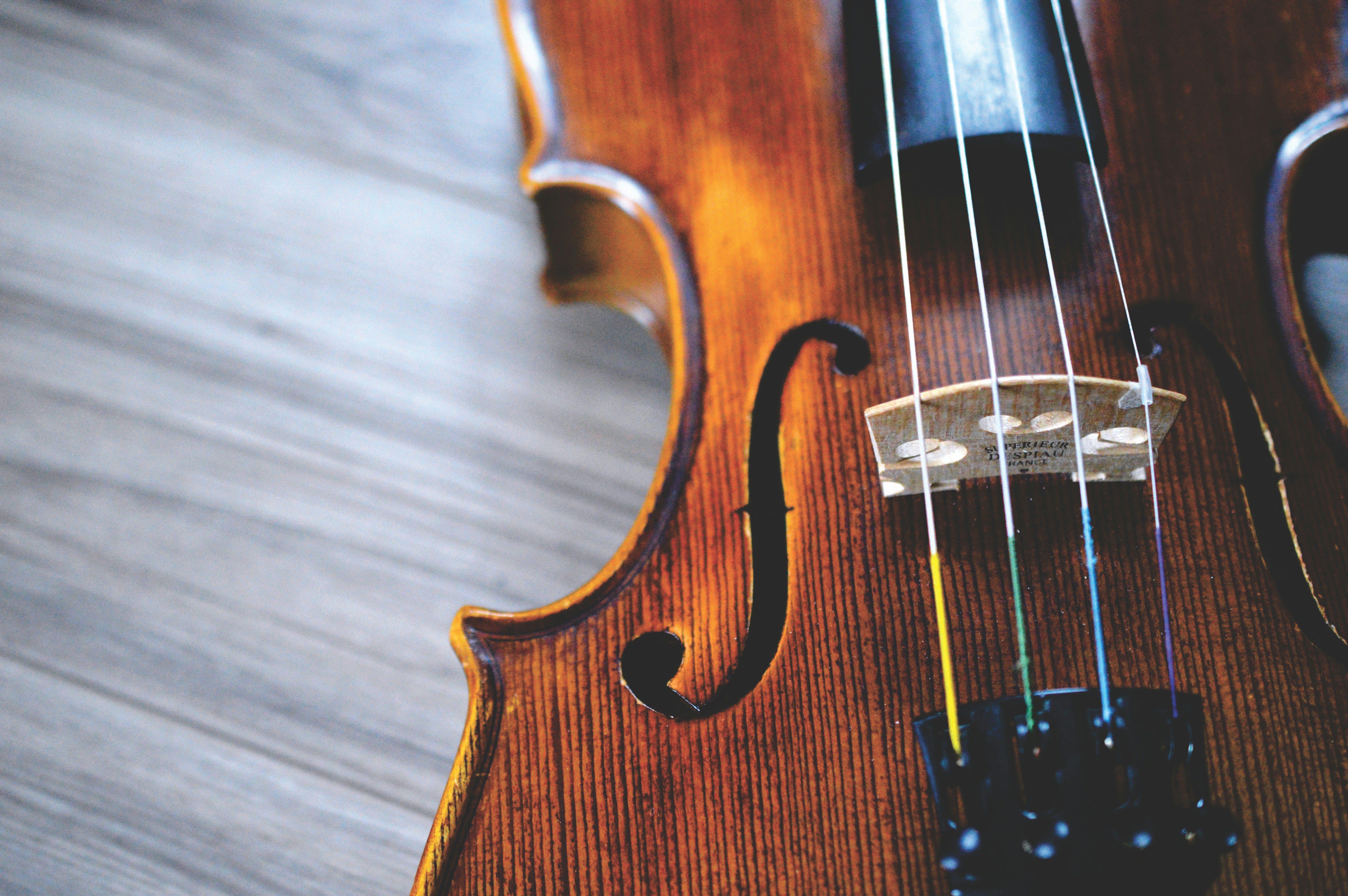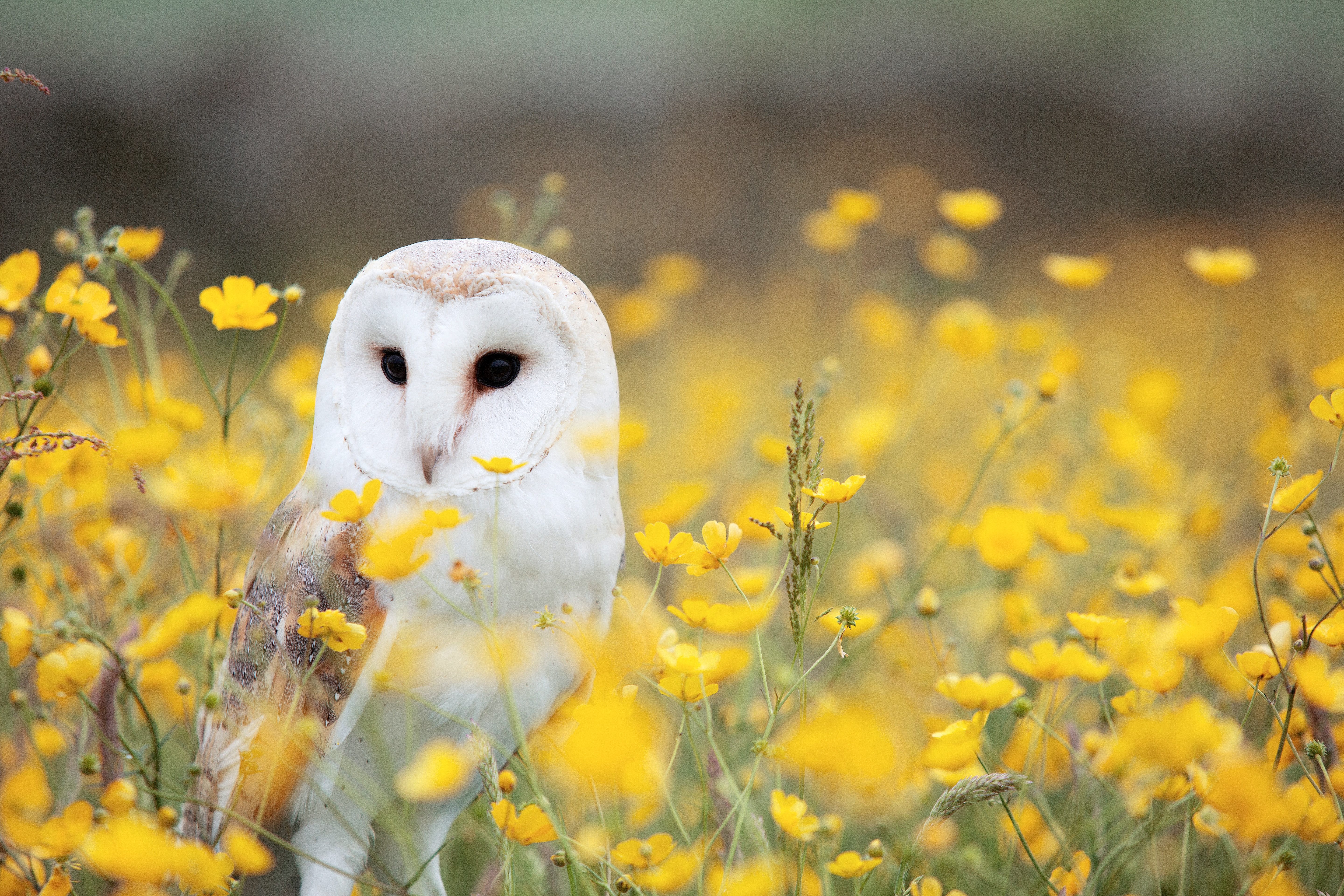Before I read Birdsplaining I had no concept of how a book about birds or the act of watching them through binoculars or a camera could possibly be the subject of feminist ire. But I reckoned if I was only going to read one book for this year’s #Dewithon hosted by Paula at Book Jotter it had better be a good one. And so it proved to be. Thank you Paula both for hosting the challenge and for listing this book.
The term Birdsplaining came about in relation to ‘mansplaining’, a word which started to be used after Rebecca Solnit published her essay ‘Men Explain Things to Me’. But birds to do not explain anything to anyone, so wherefore Birdsplaining? It’s a matter of who describes what and to whom. It’s a matter of who claims the territory of expertise. And as always, a matter of who shouts the loudest.
Birdsplaining: A Natural History by Jasmine Donahaye is many things: a set of essays partly personal; a feminist take on the experience of being a birder – twitcher – birdwatcher – whichever term you prefer, each is loaded with sub-text of which more later. The book is also a look at issues of race and how women’s knowledge on this subject is belittled, dismissed or eradicated.
Donahaye starts her book referring to an essay written by a man called Hinch. This man’s essay was published in the prestigious LA Review of Books entitled ‘Nature writing is over’. In this he claimed that the death knell been rung on nature writing. But more importantly it had been rung by women; specifically the likes of Cheryl Strayed who wrote Wild – the author’s account of her lone trek on the Pacific Crest Trail (made into a film with Reese Witherspoon) which subsequently sold around 4 million copies. Also guilty of this death knell ringing according to Hinch is Helen MacDonald author of another massively successful and influential book H is for Hawk which recounts Macdonald’s efforts to train a goshawk, set against the background of her grief over losing her father.
People who have read, loved and been inspired by both of those books – people like me – will be surprised if not a little shocked to learn that they should not have been and that the attitude of those authors was wrong. So what had these extremely successful ladies done in Hinch’s eyes, apart that is from being extremely successful, to earn his royal disapproval? The answer seems to lie in combining their portrayal of the natural world with their own internal feelings and life events. Big no-no. Those women have heinously ‘domesticated’ the wild, rather than regard it objectively and entire of itself, looking away from the human narrator.
So the rare bird we are all queuing up with our phallic camera lenses to observe is the elusive and lesser known objectivity bird.
But Donahaye mistrusts absolutist statements about the natural world and doubly mistrusts those writers – usually men – who know more than we do and about how we should engage with the natural environment and what we should know and feel about it. I personally mistrust such statements too, owing to the buddhist philosophy of one-ness of self and environment.
Donahaye states:
“Most of us can recognise and name only a tiny subset of what there is to identify, but nature writers appear to know these things preternaturally. ‘The same is true of many of their critics, including Hinch; he doesn’t seem to hesitate or wonder about his own preferences but states boldly what the natural order of things is or ought to be.”
And what unbelievable arrogance – to tell us that we may not conflate our attempts to train a goshawk with the death of our father. That there is something fallacious, or worse trivial, or just plain wrong about the whole idea!
Wherever Donahaye goes there are, she writes, always ‘pointing, helpful men’ ready to
‘place themselves uninvited between me and my experience of the natural world.’
with ‘an authority and authoritativeness that is not earned’.
So if you thought that at least the birds were free of paternalistic attitudes, apparently it’s not the case. And what does Hinch’s attitude achieve? Assuring us that there is a correct understanding and approach to the study of natural history – and that such a correct understanding and approach is owned by a man writing an article published in the LA Review of Books.
Donahaye states: “I recogise the value of trying to apprehend the natural world in other than human terms, but that too is a human value-laden approach which requires human, value laden choices…”
Does being knowledgeable give us rights? What is the right attitude to take to swifts? What is the right attitude to take to ospreys? To raptors, to eagles? What about egg collectors and people with phallic camera lenses aimed at every feathered, struggling thing? Is it valid to have film crews tramping over protected areas because we like to watch Springwatch?
Unfortunately conservation itself is not free from environmental impacts. Or at least choices. As the author points out how valuable is the conservation spectacle to the public if we go on spraying herbicides and pesticides, concrete over our gardens or lay plastic grass which degrade as microplastics into watercourses?
The author writes about the use of terms to describe the watchers who watch. There is voyeurism in the term birdwatching Who are the birdwatchers and who are the birds? It is not a ridiculous question at all because women are watched, objectified and assessed as of greater or lesser interest just as a birder or twitcher or birdwatcher classifies a feathered flying beastie. It is surely no coincidence that women are called birds.
Whether you agree with everything Donahaye says or not, these essays feel fresh and courageous, as a bright morning over a cold lake. And I for one am grateful to her.
Birsplaining is published by New Welsh Rarebyte and was winner of the New Welsh Writing Awards in 2021.





Comments